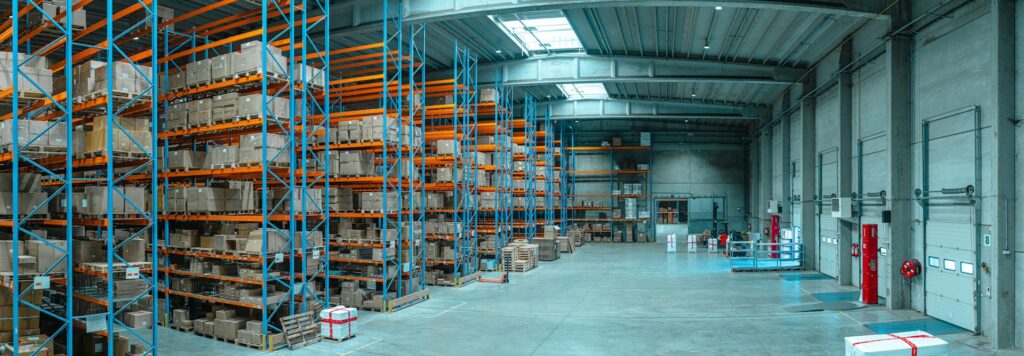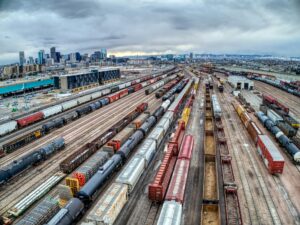Understanding the Impact of Presidential Elections on U.S. Supply Chains. Discover how presidential elections affect supply chains and logistics. Learn about key factors and historical insights.

Disclaimer: The views expressed in this article belong solely to the author and do not necessarily represent the views of Norfleet or its affiliates.
The first two months of 2024 have been challenging for U.S. supply chains due to global disruptions. As we find ourselves in a presidential election year, many people wonder how this will affect the U.S. economy. This year’s election, the 60th quadrennial presidential election, is scheduled for Tuesday, November 5.
Understanding the Impact:
Predicting how presidential elections affect supply chains and logistics is tricky because of the uncertainty of future events and the many factors at play. However, one thing is certain: elections introduce additional risks and disruptions to supply chains. The actual impact of the 2024 election on supply chains will depend on several key factors:
- Candidate Platforms and Policies: The specific plans and policies proposed by the candidates can influence supply chains. For example, changes in trade policies may affect businesses’ decisions.
- Economic Climate: The overall health of the economy during an election year matters. Economic stability or instability can impact supply chain operations.
- Political Polarization and Gridlock: The level of political division and cooperation can also play a role. Gridlock or bipartisan cooperation affects policy decisions that impact businesses.
Historical Insights:
Looking back at previous election years, we can identify some trends:
- 2020: The COVID-19 pandemic overshadowed any election-related effects on supply chains. Other factors took precedence.
- 2016: The election of Donald Trump led to uncertainty in trade policies, causing businesses to delay investments and stockpile inventory temporarily.
- 2012: No significant disruptions were directly attributed to the election, but existing economic issues (like the eurozone crisis) still affected supply chains.
- 2008: The global financial crisis significantly impacted supply chains, making it challenging to isolate election effects.
In summary, while presidential elections introduce uncertainties, understanding candidate policies, economic conditions, and political dynamics helps us gauge their impact on supply chains.






